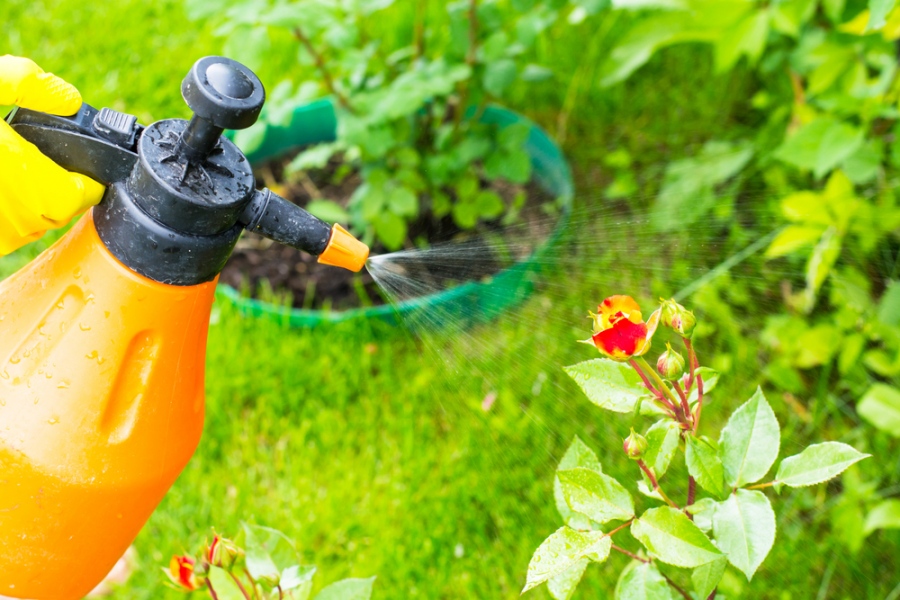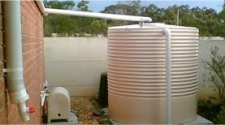Benefits of Organic Pest Control
Organic pest control is a good choice for homeowners, apartment buildings, senior communities, or condos. Anywhere that men, women, children, and pets reside benefit from organic pest control. This type of pest control is safer for the environment. Many commercial companies use organic substances to control and kill insects.
The benefits of organic are that many traditional insecticides have ingredients that are toxic. When these chemicals are inhaled, they can cause allergies and other health problems. Clove and rosemary essential oils used in organic insecticides are safer and do not produce allergic symptoms. Pest control companies that use these products find it helps to control weeds, insects, and rodents.
This type of pesticide is used by professional growers and farmers to kill weeds and insects. Pest control in agriculture is a time-consuming task. Due to the fact that more consumers are concerned with their health, there is a higher demand for organic method.
Clove oil is known for killing mites, insects, and weeds without affecting the nutritional value of the plant. When combined with rosemary oil, it makes a powerful insecticide that kills dust mites, red ants, and removes fungi and bacteria at the same time. It can be sprayed directly on fruit trees, plants, and crops when mixed with water.
Businesses like Joshua’s Pest Control offer both organic and traditional pest control. This gives consumers a choice in choosing the method of pest control best for their property.
Clove oil breaks down the waxy coating on the insect’s body. This kills them in a more natural way. This insecticide has a pungent odor that repulses insects. Regular insecticides can cause problems with breathing, rashes, swelling, dizziness, and allergies. These organic insecticides will kill beetles too. They have low levels of toxicity to humans and animals.
An organic pest control program often plans the specific treatment needed first. They inspect the property to see what type of insects or weeds are causing the problem, identify the problem, then spray and continue to treat the problem as needed. Growing a garden and caring for the lawn requires using eco-friendly techniques combined with organic pest control for best results.
Traditional Weed and Insect Control
Often traditional insect control is offered for commercial businesses. Pest control businesses often expect business or homeowners to be on the premises because they apply treatments inside and outside the house. Interior treatments are meant to kill insects inside the home or businesses. Outdoor treatments are to kill outdoor insects and weeds.
These chemicals are used to control the weed on lawns, in gardens, and on the farm. These chemicals are stronger and more toxic with long term use. Often weeds and insects become immune to their effects over time.
Traditional pest control uses synthetic chemicals to kill weeds and insects. They are used in smaller does with just enough to kill off the problem. Contact pesticides kill pests shortly after coming in contact with their body. Systematic pesticides must be absorbed by plants and animals before they kill the pests. Insect growth regulators kill the larva of the insects.
Biochemical pesticides are less harmful and work by controlling pests, but may not kill them. They are less toxic than those made of synthetic chemicals. They are often made from toxins from living creatures. Pyrethrins are another type of biochemical pesticide made from the seed case of certain chrysanthemums. They break down and do not have a residual effect. They are less toxic to humans and animals but kill fish and bees.
Other Ways to Deter Insects at Home
When consumers plant a garden, there are natural techniques that they can use to deter insects. Planting companion plants is one method. Certain plants are known to repel certain types of insects. It is sustainable practice and even improves the soil. Garlic and chives are good plants to put near vegetables. Lavender, for example, repels moths and several other insects.
Another method is to attract parasites that eat insects that harm the plants. Wasps are common parasites for many different insects. They lay their eggs in the insect larva and consume them. Predators like birds, frogs, and beetles eat and consume many types of insects. These are some natural ways to deter insects in the garden.
















